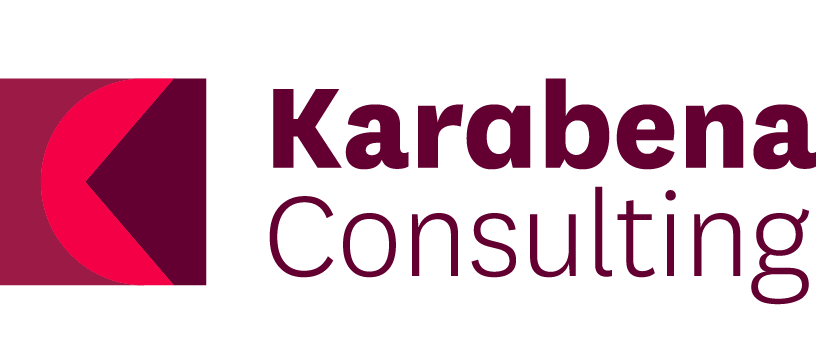Perinatal Mental Health Screening – Aboriginal Co-Design
Department of Health Victoria – Women’s Health and Population Wellbeing Unit
Who funded the project
The Royal Commission into Victoria’s Mental Health System (2021) recommended a review of approaches to perinatal mental health screening to address inclusivity, cultural appropriateness and the therapeutic context of screening (recommendation 18.2).
A subsequent independent review of perinatal mental health screening in Victoria (2023) delivered ten recommendations in response to the findings of the Royal Commission, including a recommendation for the development of the Victorian perinatal mental health screening guidelines (‘the guidelines’), informed by co-design approaches with Aboriginal people.
The Victorian Department of Health engaged Karabena Consulting Trust (KCT) to deliver co-design workshops to support the development of perinatal mental health screening guidelines.
Consultations were conducted with Aboriginal parents/parents of Aboriginal children aged under 5, and with specialists who work with parents during the ante-natal and post-natal period.
Following the consultations, a report was provided to the Department of Health - Women’s Health and Population Wellbeing Unit. The report outlined evidence of the challenges and barriers of current screening tools and approaches. The report also contained recommendations to inform the development of new perinatal mental health screening guidelines.
Summary
The aim of this project was to improve perinatal mental health screening for Indigenous parents by identifying key barriers, enablers, and culturally appropriate practices. Through participatory research and Indigenous methodologies like yarning and dadirri, the project gathered insights to inform the development of guidelines that enhance trust, accessibility, and cultural safety in screening.
Project Aims
Data were collected through a mix of surveys and focus groups with sector representatives and Aboriginal parents, integrating Indigenous communication methods to foster open, culturally safe discussions.
Our data collection included gathering information through a survey) as well as Indigenous research methods
Surveys
• Collected quantitative data on barriers and enablers in perinatal mental health screening, including cultural responsiveness, trust-building, training needs, and follow-up services.
Online and face-to-face focus groups utilising dadirri (deep listening) and yarning (informal two-way conversation) with
• Sector representatives including maternal and child health nurses, midwives, Aboriginal Health workers
• Aboriginal parents/parents of Aboriginal children
Thematic analysis
These methods ensured the integrity, respect and safety of Aboriginal and Torres Strait Islander people throughout the consultation process.
Methodologies
The key output from this project was the Co-design of Perinatal Mental Health Screening Approaches: Aboriginal and Torres Strait Islander consultations - Final Report.
The report detailed the findings from the community consultations focusing on:
• The language of screening
• The importance of building trust and using a conversational approach to screening
• Taking a strengths-based approach
• Anxiety and stigma associated with mental health screening
The report provided practical suggestions that can be used to inform the development of new screening guidelines that are culturally appropriate.
Other outputs were:
A literature review of documents published since 2022 on perinatal mental health in Indigenous communities
Mid-project presentation to DH project team and Chair of the Expert Advisory Group (EAG)
A presentation of key findings and recommendations was delivered to a Department of Health Expert Advisory Group
A presentation was delivered to the Victorian Branch of PANDA (Perinatal Anxiety and Depression Australia) in the lead up to Perinatal Mental Health Week.
Outputs
Consultations across Victoria revealed that Indigenous parents’ experiences with perinatal mental health screening are shaped by cultural, historical, and relational factors.
Informed by the consultations, a series of recommendations was provided to the Department of Health. These recommendations span the following areas:
Culturally safe screening practices and tools
Training and employment of Aboriginal Health Workers in screening processes
Inclusive language guidelines
Strategies for building trusted provider-parent relationships
Aboriginal-led screening design and support
Improved access to culturally safe mental health resources
The recommendations are under review by the Expert Advisory Group within the Department of Health and will guide the development of new perinatal mental health screening guidelines.
Project Outcomes
#PerinatalMentalHealth #AboriginalHealth #CulturalSafety #TrustInHealthcare #IndigenousWellbeing
#StrengthsBasedCare #YarningAndHealing #IndigenousParenting #MentalHealthScreening|
#SupportingIndigenousFamilies
